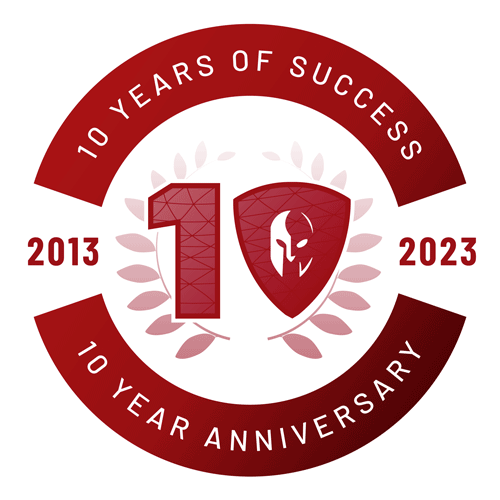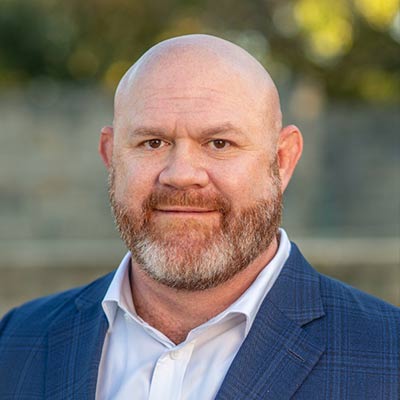Introduction
In today’s fast-evolving corporate landscape, the concept of work-life balance has transcended beyond being merely a perk to becoming a foundational pillar for strategic organizational resilience and security. This extensive exploration delves into how fostering a robust work-life balance is not just beneficial for employee well-being but is also a critical element in mitigating security risks, including those posed by insider threats. By investing in work-life harmony, organizations can cultivate a secure, productive, and loyal workforce, effectively turning a potential vulnerability into a formidable asset.
The Multidimensional Benefits of Work-Life Balance
Achieving a healthy work-life balance yields multifaceted benefits for both employees and the organization, influencing aspects ranging from physical health to psychological well-being, and extending its impact to the overall security posture of the company.
Enhanced Employee Well-being and Health
Employees with a good work-life balance tend to experience lower levels of stress and higher levels of job satisfaction, which contribute to better health outcomes and reduced absenteeism. This well-being is crucial in maintaining a vigilant, attentive workforce capable of identifying and responding to security threats effectively.
Increased Productivity and Innovation
When employees are not overworked and have the opportunity to recharge, they return to work more energized, focused, and ready to contribute creatively. A workforce that feels valued and supported is more likely to be engaged and invest discretionary effort into their roles, including proactive behaviors in safeguarding the organization’s assets.
Attracting and Retaining Talent
In the competitive landscape for top talent, offering a genuine work-life balance is a key differentiator. Organizations that prioritize their employees’ well-being are more likely to attract and retain high-caliber professionals who are essential for building a resilient security posture.
Reducing the Risk of Insider Threats
A supportive work environment that addresses the needs and stresses of employees can significantly mitigate the risk of insider threats. Employees who feel valued and supported are less likely to become disgruntled or act out of desperation, reducing the likelihood of malicious insider actions or negligent behaviors that could compromise security.
Strategies for Promoting Work-Life Balance
Implementing effective work-life balance strategies requires a holistic approach that considers the diverse needs of the workforce and the dynamic nature of modern work environments.
Flexible Work Arrangements
Offering a variety of flexible working options, such as telecommuting, flexible hours, and compressed workweeks, can help employees manage their personal and professional responsibilities more effectively. This flexibility also allows for a more diverse and inclusive workforce, which brings a range of perspectives to security challenges and solutions.
Comprehensive Wellness Programs
Beyond physical health benefits, comprehensive wellness programs that include mental health resources, stress management workshops, and lifestyle support can play a critical role in maintaining a healthy, alert workforce. Employees who feel mentally and physically fit are better equipped to handle the complexities of security protocols and threat detection.
Addressing Workplace Grievances
Creating channels for employees to voice concerns and grievances and ensuring fair treatment can mitigate feelings of disgruntlement. Promoting a positive workplace culture reduces the desire for revenge.
Encouraging Time Off and Disconnecting
Cultivating a culture that encourages taking time off and truly disconnecting from work helps prevent burnout and maintains long-term employee engagement and productivity. Rested employees are more attentive and less likely to make the errors that can lead to security breaches.
Financial Incentives and Support
Offering competitive salaries, financial counseling, and support can reduce the temptation of financial gain. Regular audits and access controls can deter those considering such actions.
Providing Support for Personal Development
Encouraging personal and professional growth through education, training, and development opportunities not only aids in employee retention but also ensures that the workforce remains knowledgeable about the latest security practices and technologies.
Reinforcing Security Through Work-Life Harmony
The interconnection between work-life balance and organizational security is evident in the ways that a harmonious work environment can preempt potential security risks.
Building a Culture of Trust
A positive work environment fosters a strong sense of loyalty and trust between employees and the organization. This trust is crucial in encouraging open communication about potential security threats and fostering a collective sense of responsibility towards cybersecurity.
Enhancing Vigilance and Responsibility
Employees who are satisfied and engaged with their work are more likely to be vigilant and take ownership of their role in the organization’s security. This includes adhering to security policies, reporting suspicious activities, and actively participating in security training and awareness programs.
Mitigating Stress-Related Vulnerabilities
By addressing the root causes of stress and offering support for employees’ personal challenges, organizations can reduce the vulnerabilities that stressed employees might present, such as susceptibility to phishing attacks or inadvertent sharing of sensitive information.
Conclusion
Elevating work-life balance as a strategic priority is not just about enhancing employee well-being; it’s about reinforcing the organization’s overall resilience and security posture. In the face of evolving threats, particularly insider threats, a workforce that is well-supported, engaged, and balanced is a critical asset. By implementing thoughtful work-life balance strategies, organizations can cultivate a workplace environment that is not only productive and innovative but also inherently secure. This holistic approach to employee well-being and organizational security paves the way for a future where businesses thrive on the strength of their most valuable resource: their people.
Get in touch with us
Secutor Cybersecurity is a trusted partner comprised of industry leading experts in the fields of Cybersecurity and Governance, Risk and Compliance. We partner with our clients to deliver on-demand solutions tailored to expertly navigate the regulatory demands of their specific industries.
Our proven track record of successfully exceeding client expectations is achieved through the combination of our methodical approach, advanced technologies, subject matter experts, and synergy with client team members.
Secutor is your team of world-class problem solvers with vast expertise and experience delivering complete solutions keeping your organization protected, audit-ready, and running smoothly.







